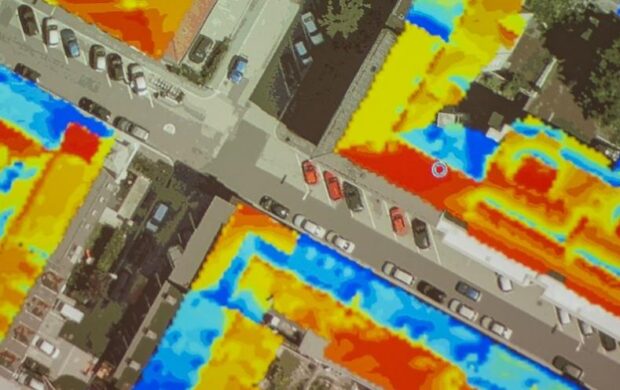In our topic hub on the future of shipping, we’re asking how geoengineering will affect ocean governance.

Geoengineering is attracting new interest, as the impacts of ocean acidification and global warming gain international recognition. In September 2014, the World Meteorological Organization reported that “the current rate of ocean acidification appears unprecedented at least over the last 300 million years”.
The US-based National Academy of Sciences has been studying various geoengineering solutions to climate change and is scheduled to release a report this year, based on a technical evaluation of a limited number of proposed geoengineering techniques, including examples of both solar radiation management (SRM) and carbon dioxide removal (CDR) techniques. The report will comment generally on the potential impacts of deploying these technologies, including the potential risks and consequences (both intended and unintended) for ocean acidification, and possible environmental, economic and national security concerns.
One such geoengineering solution would utilize olivine minerals, a group of abundant green-tinted silicates that are formed from the cooling of magma after volcanic eruptions, to remove carbon dioxide from the atmosphere. Dutch geo-chemist Olaf Schuiling advocates sprinkling the mineral over the world’s ocean to have the additional benefit of mitigating ocean acidification.
Image credit: Doblonaut / Flickr














